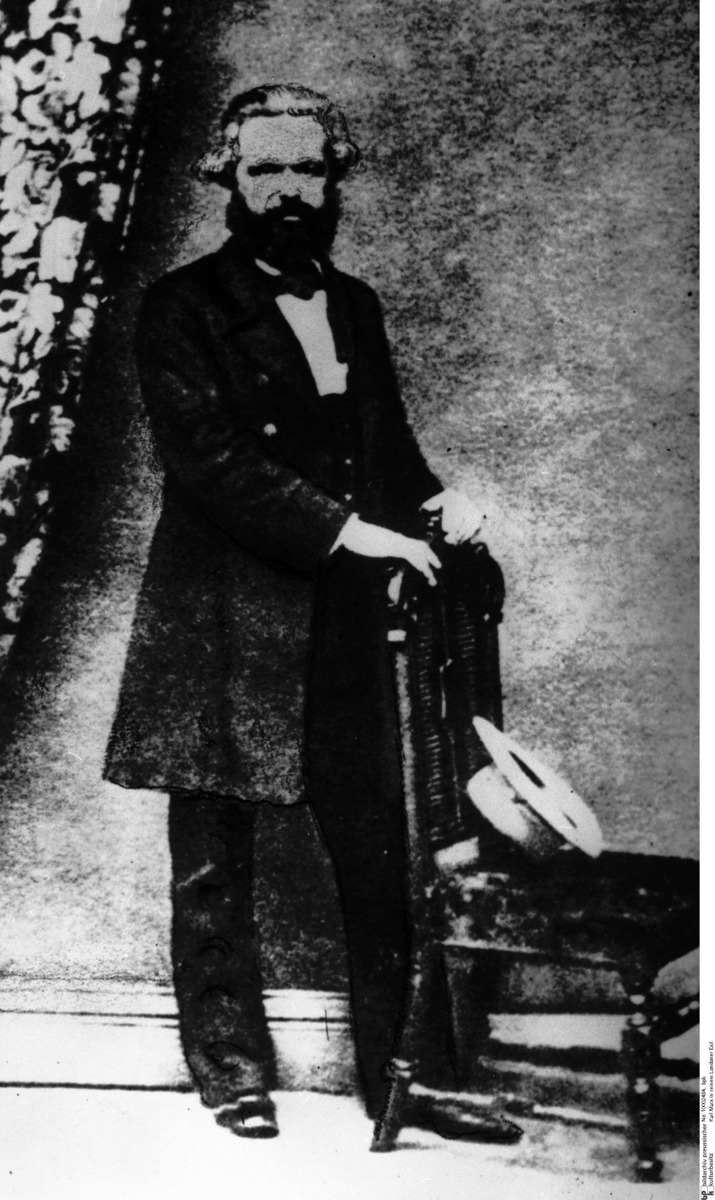Abstract
On account of the left-liberal views he propounded as editor of Cologne’s Rheinische Zeitung (1842–1843), the German philosopher, historian, economist, and journalist Karl Heinrich Marx (1818–1883) became the target of Prussian censorship, which he only managed to evade by moving to Paris in 1843. There, Marx co-edited the Deutsch-Französische Jahrbücher and became acquainted with leading contemporary socialists as well as his lifelong collaborator, Friedrich Engels (1820–1895). From 1845 to 1848, Marx was in forced exile in Brussels, where he co-authored the Communist Manifesto with Engels. During the Revolution of 1848–49, Marx returned to Cologne to edit the Neue Rheinische Zeitung. After reactionary forces triumphed in 1849, however, he was expelled by the Prussian authorities. This daguerreotype shows Marx in exile in London. He had arrived in the city by August 1849 and would remain there for the rest of his life. From his new London base, Marx strove to influence the workers’ movement in Germany and elsewhere. It was there that he wrote Das Kapital (volume 1 was published in 1867; volumes 2 and 3 were published posthumously in 1885 and 1894, respectively). Daguerreotype by unknown photographer, 1849.
